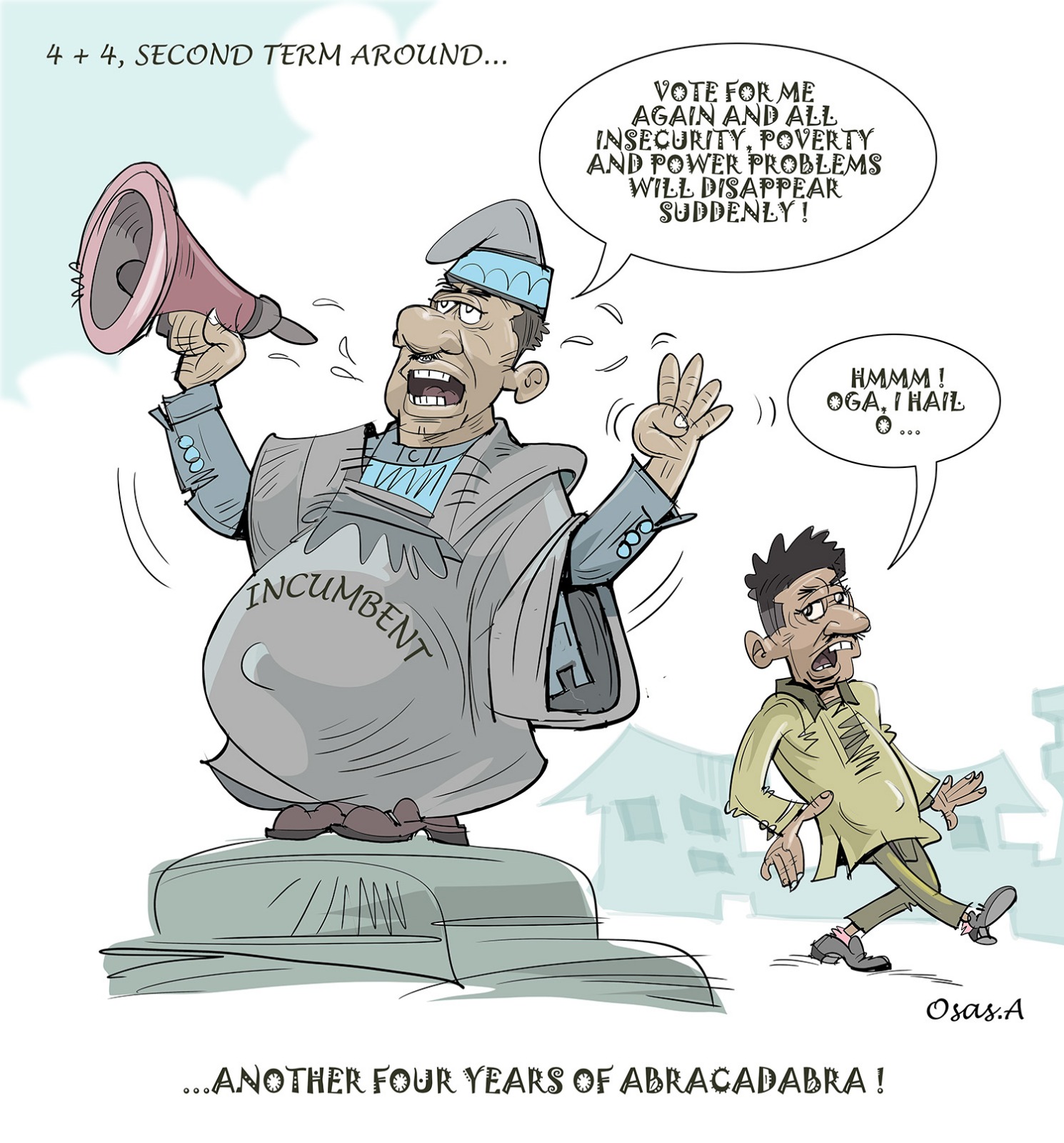In West Africa, a major debate is underway about the language children should use in school. There has been legislation either nationally or regionally in Nigeria, Gambia, Ghana, Burkina Faso, Mauritania, Mali and Senegal, on the use of local languages for primary education. While in Côte d’Ivoire, Benin and Togo, there has been talk of the same, but no legislation yet. This struggle is at the heart of the region’s effort to move beyond its colonial past while building a modern, unified future. For decades, schools have operated in the languages of former colonisers, like English and French. Now, a powerful movement is pushing to use local mother tongues for basic education. This is backed by strong arguments that children learn best in a familiar language and that it fosters cultural pride. However, in a country as complex as Nigeria, this well-intentioned shift brings immense challenges that could threaten both national unity and future prosperity.
The drive for mother-tongue education is seen as both a cultural reawakening and an educational necessity. Policymakers argue that forcing children to learn in English from the start creates an unnecessary barrier. The simple truth is that pupils grasp complex ideas more easily in a language they understand from birth. This has led to concrete laws. Nigeria’s National Policy on Education, first established in 1977, mandates that a child’s mother tongue or the language of their local community should be used in the first years of primary school.
This policy is now being reinforced aggressively at the state level. In Kano State, for example, the State Assembly recently passed a bill to make Hausa compulsory in primary and junior secondary schools. This trend is mirrored in Ghana, where new government policy insists on local languages for early education. The consensus is clear: early educational failure is often a direct result of a language barrier.
While the principle looks attractive, Nigeria’s incredible linguistic diversity makes implementation a nightmare. The country is home to over 500 languages. This creates an immediate problem with the ‘Language of the Immediate Community’ (LIC) rule. In vast, mixed cities like Lagos, a single classroom may contain pupils who speak Yoruba, Igbo, Hausa, and several other languages. Choosing one LIC could alienate the others, so most schools simply default to English for the sake of peace.
Furthermore, the policy often excludes minority groups. While major languages like Hausa, Igbo and Yoruba have some resources, hundreds of smaller languages lack standardised writing systems, textbooks, or any teaching materials. This effectively sidelines these communities, worsening their marginalisation.
Even where a local language is dominant, the practical infrastructure for teaching is missing. There is a severe shortage of teachers trained to deliver subjects like maths or science in a local language. Many teachers are only qualified to teach the language as a subject, not to use it as a tool for explaining complex concepts.
A critical issue is the lack of a standardised scientific vocabulary. Without agreed-upon terms for subjects like physics or biology, teaching becomes inconsistent. Although linguists are creating new words in languages like Yoruba, this work needs national coordination. Without it, early gains in mother-tongue learning could be wasted.
Compounding this is the simple lack of books. Producing high-quality, up-to-date textbooks in hundreds of languages is prohibitively expensive and logistically daunting, so it often gets sidelined as a budget priority.
The most powerful obstacle is societal resistance, driven by a fear that mother-tongue education will limit a child’s future opportunities. English is often viewed as the essential key to university admission, a good job, federal employment, and international travel. Parents, anxious for their children’s prospects, often pressure schools, especially private ones, to use English from the very beginning.
This creates a dangerous class divide. Affluent families will ensure their children master English in private schools. If the public system focuses on mother tongues without a solid plan for transitioning to English, it risks becoming a path only to local, low-skilled work. This would entrench class divisions along linguistic lines.
The policy also poses a direct threat to national cohesion. English has historically acted as a neutral bridge for communication between different ethnic groups. The entire civil service, military, and judiciary operate in English. If English language proficiency falls in the next generation, it could cripple public administration and make it harder for professionals from different regions to collaborate.
A shared language is also vital for a united national debate. A fragmented educational system risks creating a future where political discussion becomes localised, hardening ethnic fault lines and making national consensus impossible to achieve.
Governments must ensure their language policies are not just about using local languages, but about a structured bilingual transition. This requires a two-pronged approach. First, a heavy investment in coordinated projects to rapidly standardise scientific and technical terms across all major languages. Second, English must be treated not as an afterthought, but as a critical second language, taught with the same rigour as a global language. The goal must be that by the end of primary school, every pupil has a strong command of the national lingua franca.
If Nigeria can utilise mother tongues as secure foundations while ensuring a robust transition to a unifying national language, it will achieve an ideal outcome: a population that is culturally grounded, scientifically capable, and politically cohesive. If it fails to build that essential bridge, the risk of educational fragmentation will become a profound and lasting threat to the country’s fragile unity.
Nwanze is a partner at SBM Intelligence






